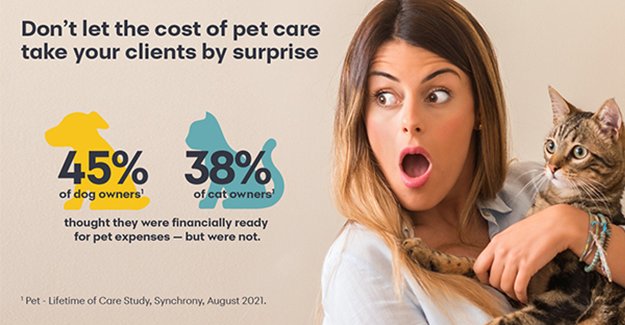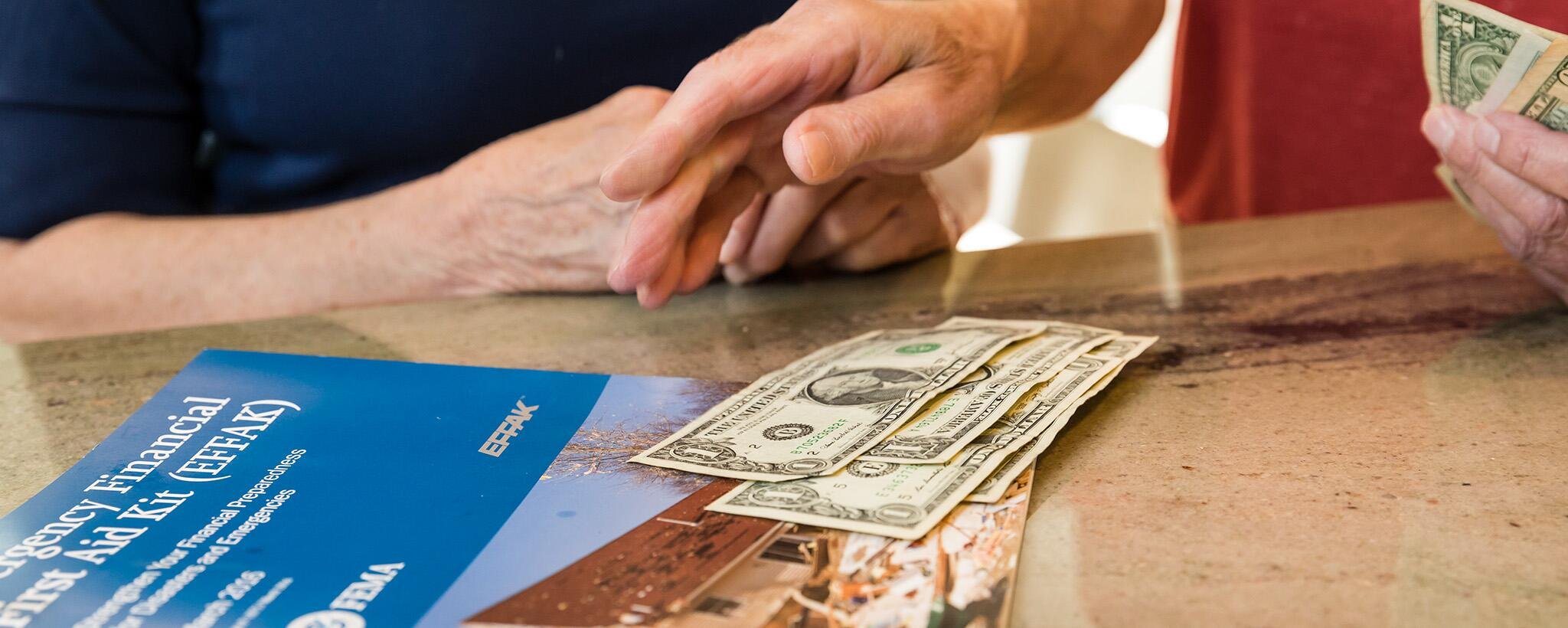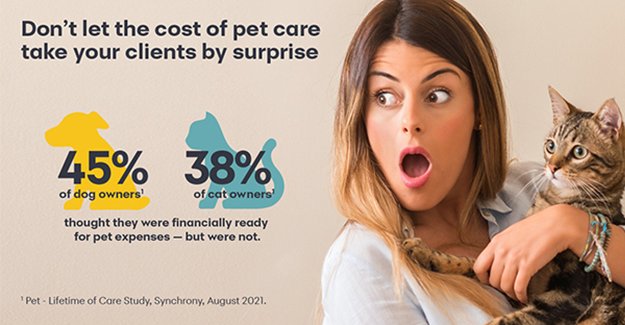If you’re considering adding a furry friend to your family, you may be wondering how to financially prepare for pet adoption. Well, look no further! In this article, we’ll guide you through the essential steps to ensure you’re ready to welcome a new pet into your home, both emotionally and financially. From budgeting for adoption fees and vaccinations to setting aside funds for food and veterinary care, we’ll provide practical tips and insights to help you navigate the financial aspects of pet ownership. So, let’s delve into the world of responsible pet adoption and make sure you’re well-prepared for this exciting journey!
How to Financially Prepare for Pet Adoption
Deciding to adopt a pet is an exciting and fulfilling experience. However, it is important to understand that owning a pet comes with financial responsibilities. From initial adoption fees to ongoing expenses, being financially prepared will ensure a smooth transition for both you and your new furry friend. In this article, we will explore the various aspects of financially preparing for pet adoption, including adoption costs, recurring expenses, and budgeting tips.
The Cost of Pet Adoption
Before diving into the world of pet ownership, it’s crucial to understand the costs involved in the adoption process. While adoption fees can vary depending on the type of pet and the organization you adopt from, it is essential to budget for these expenses. Here are some common adoption costs:
- Adoption Fee: This is the cost set by the adoption organization to cover the pet’s medical expenses, vaccinations, spaying/neutering, and microchipping. Adoption fees typically range from $50 to $500 depending on the type of animal and location.
- Transportation Fees: If you are adopting a pet from a distant location or another country, you may need to consider transportation costs to bring your new companion home.
- Home Preparations: Before bringing a pet home, you might need to invest in pet-proofing your living space. This can include purchasing pet gates, litter boxes, crates, and other essentials.
Recurring Expenses
After the initial adoption costs, it’s important to factor in the ongoing expenses associated with pet ownership. These recurring expenses include:
Food and Treats
Proper nutrition is crucial for your pet’s health and well-being. The type of food and portion size will depend on the size, breed, and dietary needs of your pet. Research the ideal diet for your pet and budget accordingly. Treats, while not necessary, can be a great reward for good behavior or training sessions.
Medical Care
Regular veterinary check-ups, vaccinations, and preventative medications are essential for your pet’s overall health. It’s important to budget for annual exams, vaccinations, flea and tick prevention, heartworm medication, and unexpected medical emergencies. Pet insurance can also help alleviate some of the financial burden associated with veterinary care.
Grooming
Depending on the type of pet, grooming needs may vary. Dogs may require regular grooming appointments for haircuts, nail trims, and ear cleaning. Cats, on the other hand, are generally self-groomers but may need occasional brushing or nail trimming. Consider these grooming needs and budget for them accordingly.
Training and Behavior
Investing in proper training and behavior classes can ensure that your pet is well-behaved and happy. Whether you choose group classes or hire a private trainer, these services come with a cost. Budget for training sessions to create a well-adjusted and obedient pet.
Toys, Bedding, and Accessories
Providing your pet with a comfortable and stimulating environment is essential. Budget for toys, bedding, scratching posts, litter boxes, and other accessories that are necessary for your pet’s overall well-being and entertainment.
Budgeting Tips for Pet Ownership
Now that you have a better understanding of the potential expenses involved in pet adoption, let’s explore some budgeting tips to help you financially prepare:
Research and Plan Ahead
Before adopting a pet, thoroughly research the average costs associated with their care. Factor in your lifestyle, potential medical needs, and any breed-specific expenses. Having a clear understanding of the financial commitment will help you plan accordingly.
Create a Pet Emergency Fund
Unexpected medical expenses or accidents can happen at any time. Creating an emergency fund specifically for your pet will provide peace of mind and ensure you can provide the necessary care without financial stress.
Compare Prices
When it comes to purchasing pet supplies, compare prices from different stores or online retailers. Look for discounts, sales, or loyalty programs that can help you save money in the long run.
Consider Adopting an Adult Pet
While puppies and kittens are undeniably adorable, they require more financial resources due to vaccinations, spaying/neutering, and training. Adopting an adult pet can be a great option as they often come with these expenses already taken care of.
DIY Grooming
If you have the time and patience, consider learning how to groom your pet at home. Simple tasks like brushing their fur or trimming their nails can be done yourself, saving you money on grooming expenses.
Pet-Proof Your Home
One way to avoid unexpected expenses is by pet-proofing your home. Keep harmful substances, choking hazards, and fragile items out of your pet’s reach. This can prevent accidents and potential costly damages.
Consider Pet Insurance
Pet insurance is an excellent way to manage unexpected veterinary expenses. Do your research, compare different insurance providers, and choose a plan that suits your pet’s needs and your budget. Pet insurance can provide peace of mind during emergencies.
By following these budgeting tips, you can be well-prepared for the financial responsibility that comes with pet adoption. Remember, being financially prepared ensures that you can provide the best care and love for your new furry companion without unnecessary stress. Happy pet adoption!
How Can I Prepare For The Adoption Process At An Animal Shelter? – CountyOffice.org
Frequently Asked Questions
Frequently Asked Questions (FAQs)
1. How much does it cost to financially prepare for pet adoption?
Preparing for pet adoption involves various expenses such as adoption fees, vaccinations, spaying or neutering, microchipping, and purchasing essential supplies. The costs can vary depending on the type of pet you are adopting and the specific needs of the animal. It is advisable to budget at least $500 to $1000 to cover initial expenses.
2. What are the ongoing expenses of owning a pet?
In addition to the initial costs, owning a pet comes with ongoing expenses. These may include veterinary care, food, grooming, toys, treats, and regular medications. On average, pet owners spend around $500 to $1000 per year on these ongoing expenses, but this can vary based on the size and breed of the pet.
3. Should I consider pet insurance to financially prepare for pet adoption?
Pet insurance can be a helpful financial tool to prepare for unexpected veterinary costs. It provides coverage for illnesses, injuries, and sometimes preventive care. Research different pet insurance plans, compare their coverage and costs, and determine if it’s a suitable option for your pet’s specific needs and your budget.
4. Are there any additional costs I should be aware of?
Apart from regular expenses, you should also consider potential additional costs. These may include training classes, pet-sitting or boarding fees when you’re away, licensing fees, and any unforeseen medical emergencies. It’s important to be financially prepared for these potential expenses as well.
5. How can I save money on pet supplies?
To save money on pet supplies, consider buying in bulk, comparing prices from different stores, or looking for online deals and discounts. Additionally, consider using generic brands of pet food and supplies, which often provide similar quality at a lower cost. Also, take advantage of sales and coupons whenever possible.
6. Are there any financial assistance programs available for pet owners?
Yes, there are various financial assistance programs available for pet owners in need. Some organizations offer low-cost veterinary care, spaying and neutering clinics, or pet food banks. Research local animal welfare organizations and nonprofit groups in your area to find out about such programs.
7. What financial preparations should I make for pet emergencies?
It’s important to have an emergency fund specifically designated for your pet’s unexpected medical expenses. Setting aside a small amount each month can help you build up this fund over time. Additionally, research nearby veterinary hospitals and emergency clinics to be aware of their services and associated costs.
8. Can I financially prepare for pet adoption by budgeting for long-term expenses?
Absolutely! Budgeting for long-term expenses is a wise approach to financially prepare for pet adoption. Consider creating a spreadsheet or using a budgeting app to estimate and track your pet-related expenses on a monthly or yearly basis. This will help you plan and manage your finances effectively.
Final Thoughts
To financially prepare for pet adoption, there are crucial steps you should take. Firstly, create a comprehensive budget that includes all aspects of pet ownership, from initial expenses like adoption fees and vaccinations to ongoing costs like food, grooming, and veterinarian visits. Research and compare prices for pet supplies and services to find the best deals. Additionally, consider setting up an emergency fund specifically for unexpected veterinary expenses. By following these guidelines and being proactive in planning your finances, you’ll be better equipped to provide a loving and financially stable home for your new pet.



